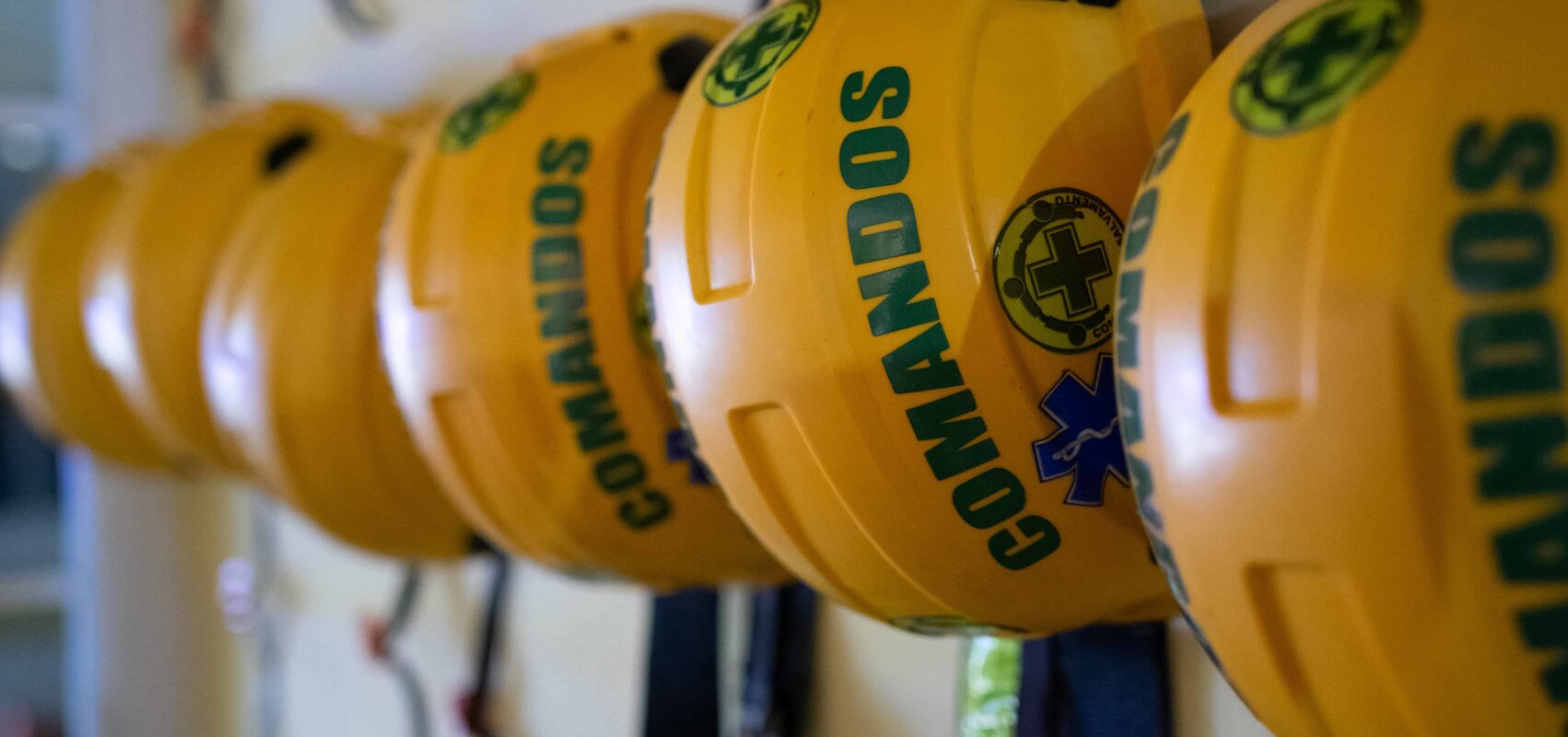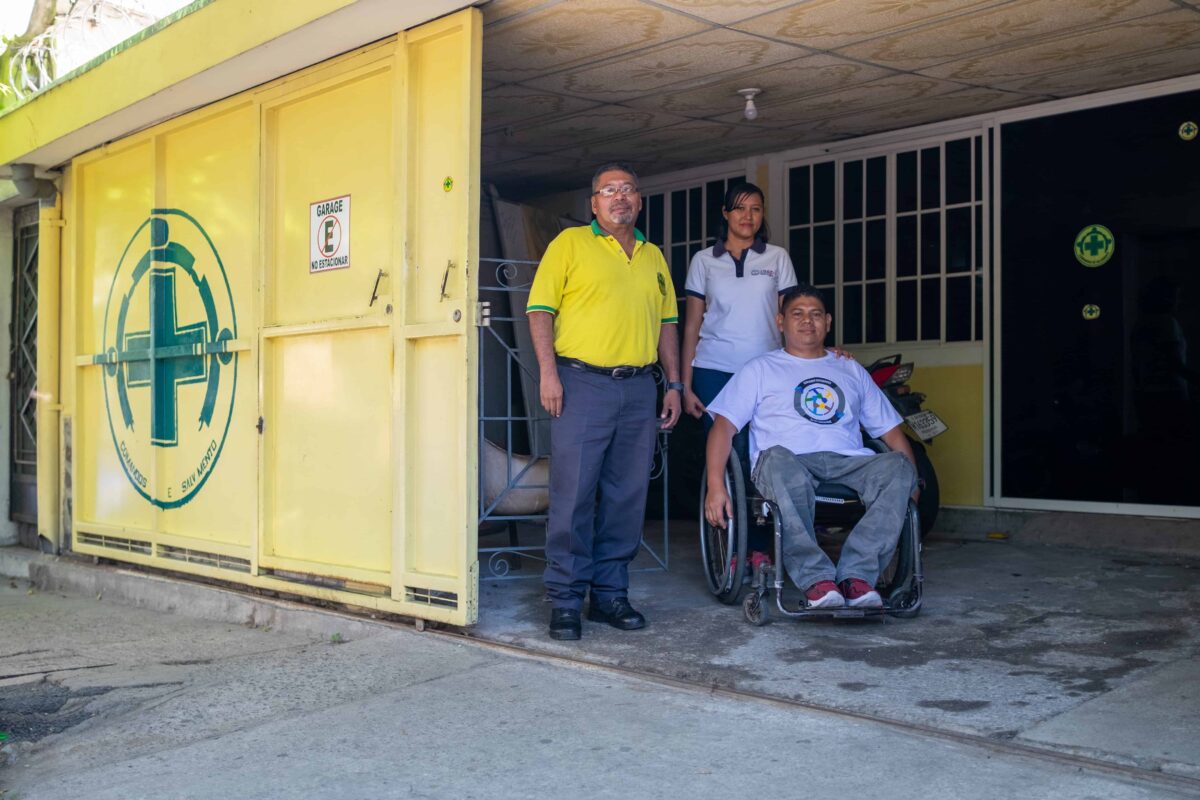
In Tikal Norte, a community in Apopa, Le sauveur, once oppressed by gang violence, has not had a single homicide in more than a year.
A local organization, Comandos de Salvamento, has worked closely with the community and its leaders to transform Tikal Norte, bringing families back to abandoned homes, establishing a police presence and painting murals over bullet holes.
To help effect change in a community so plagued by violence, Comandos took a community-driven, holistic approach with support from the USAID Crime and Violence Prevention Project (CVPP).
Comandos had worked in the Apopa area primarily on emergency response – training school students on fire safety and evacuation procedures and operating private ambulances. The group was eager to work on longer-term violence prevention programming but lacked the tools and resources.

CVPP, which shared violence prevention best practices through study tours and other exchanges among practitioners in the United States and Latin America, introduced Comandos to successful approaches used in Los Angeles. Experts in community-level interventions for interrupting cycles of violence, namely from an L.A.-based organization called Progressive, traveled to El Salvador to work with Comandos and share their expertise.
“Before this project, we thought that we were doing everything perfectly, but we realized that we needed a lot [of support],” says Comandos Director Roberto Cruz. “The project has helped us to professionalize in that regard, to put everything we learned in practice, not only here in Apopa, but on a national level wherever we can work.”
During a year and a half, Comandos worked to empower the local leadership council to design and implement projects to benefit Tikal Norte’s residents, such as reclaiming public spaces, installing streetlights and painting murals. Central to this process was building trust with the community so that residents – including some gang-involved youth – would participate in the initiatives.
“Part of the focus of the violence interventions in Los Angeles is based on building relationships with the community … We realized that it was the right thing to do to work with the community and strengthen the people," Cruz dit. “We started to work a lot on activities of community cohesion.”
Comandos’ activities in Tikal Norte reestablished community ties and legitimized the local leadership council, so it can continue the progress that’s been made. For Cruz, their success is evident in the number of families that have returned to homes they had abandoned.
“There were 29 houses where [the gangs] said to the families, ‘You leave, or you die,’” he recalls. “Twenty-two families have returned to the community. So you see the confidence that now exists in the community.”
Cliquez ici to learn more about CVPP’s work to prevent violence in Apopa.